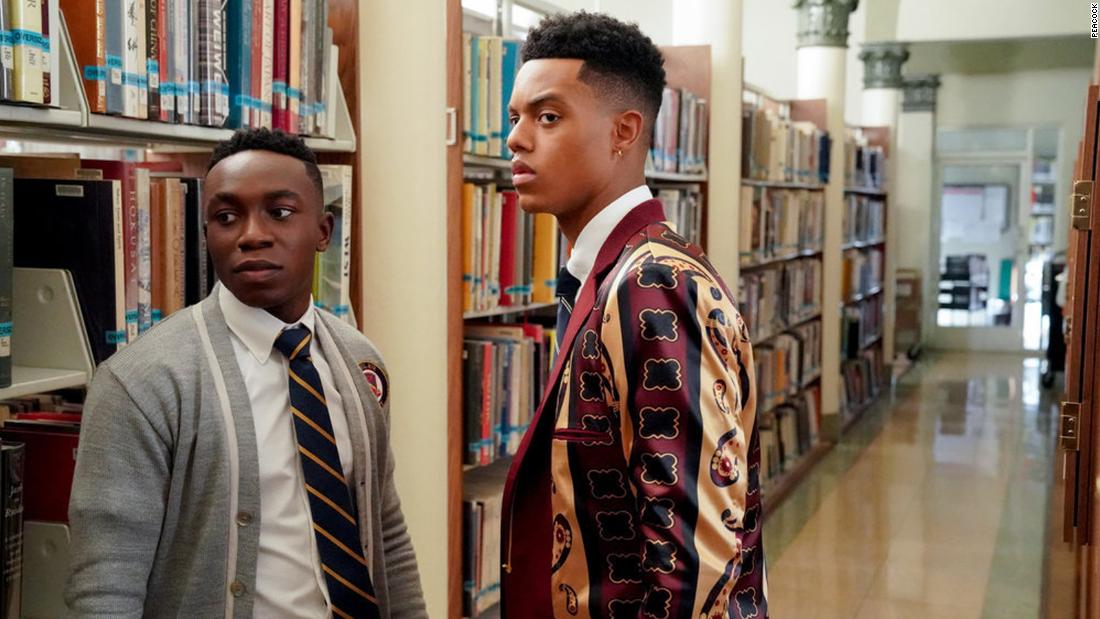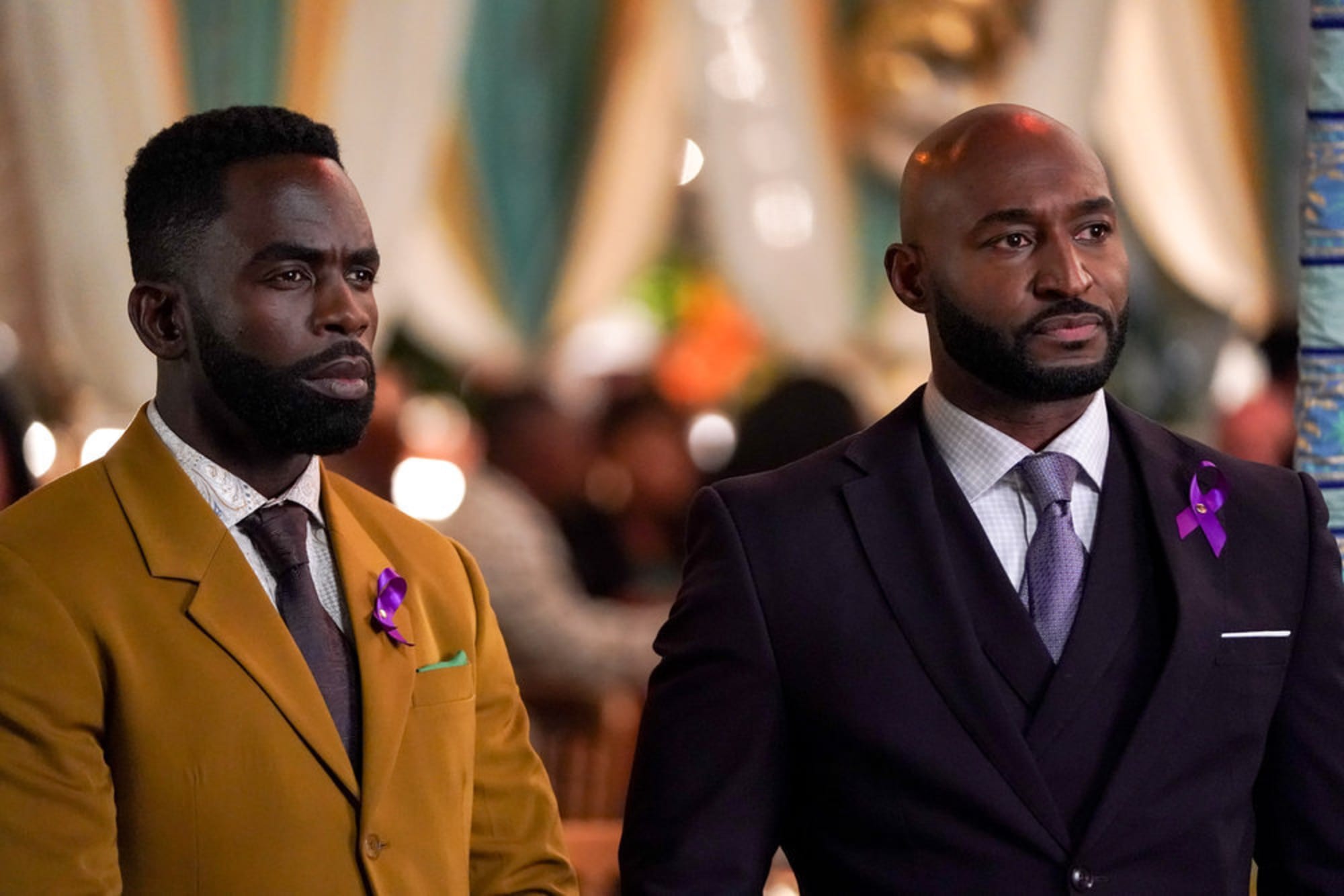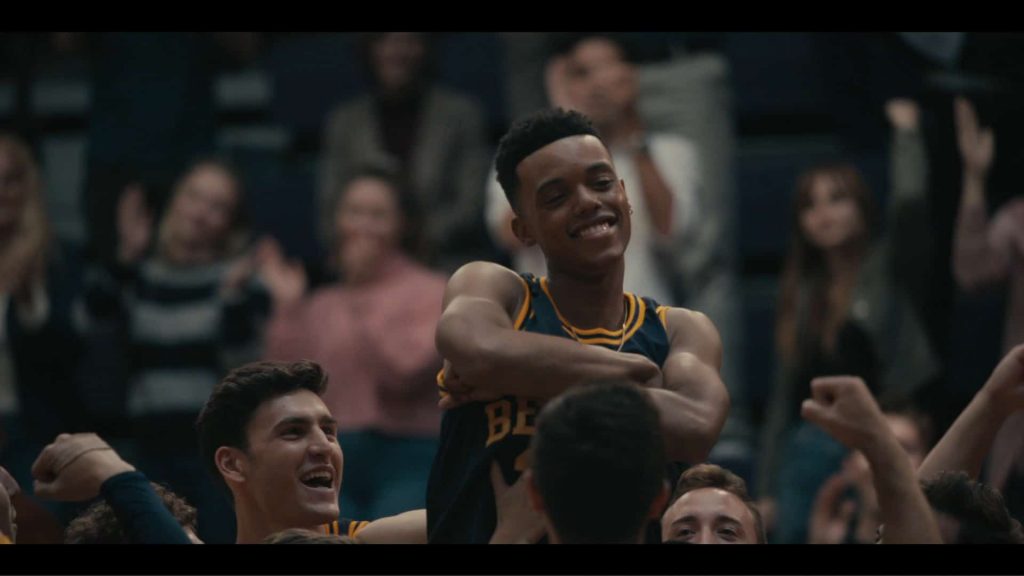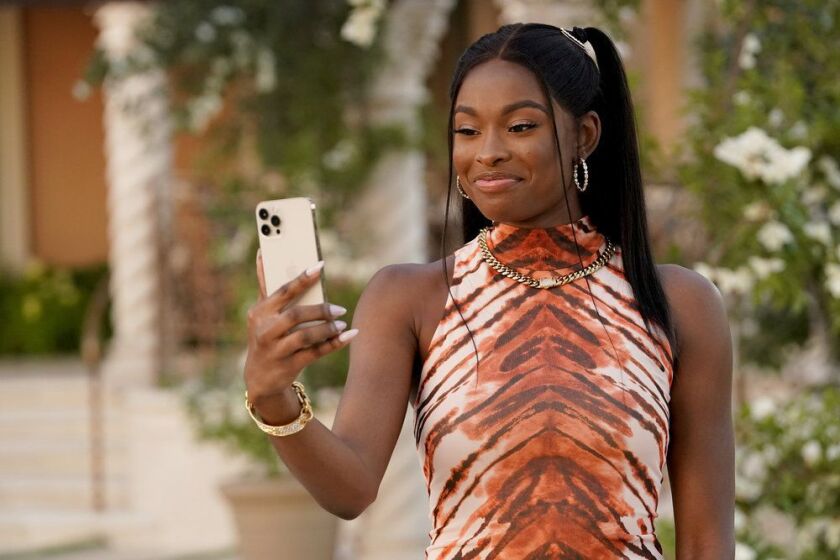
Peacock’s new reimagining Bel-Air takes a bit of time to figure out what it wants from its premise and become notably engaging. There’s some effective acting and nice atmosphere in Morgan Cooper’s reenvisioning of the 90s Fresh Prince sitcom, which was in fact co-signed off by Will Smith himself- pre-slap I might add, since the whole fallout over that incident might taint this show by association…? Or at least that’s what one review of the show I watched seemed to infer.
That wasn’t really much of a deciding factor on how I felt about it- for all its strong points, the show isn’t perfect and sometimes it gets in its own way and becomes a bit too rigid and eager to appeal to us millennials and zoomers. I can only speak for myself, but I think most of this show’s appeal lies in its character development more than when it tries to get hot-button.

Not to say the original Fresh Prince show didn’t have a sense of consciousness at points. But to me, what worked about the first series wasn’t so much the comedic emphasis in particular as it was how it worked relatable ideas into its stories without sacrificing its sense of adventure and experimentation. One episode could feature Will and Carl dancing the Apache by Sugar Hill or competing with Jazz on a game show, to heavier episodes like Carlton standing up for his self-expression to a disapproving black fraternity, or James Avery’s Uncle Phil using his authority as a judge to get the boys off a trumped-up jail charge.

The new version of Philip Banks, played with gravity by Adrian Holmes, has to do a particular amount of legal wrangling to help the new Will this time, portrayed by Jabari Banks as a studious, charismatic and popular West Philadelphia ({born and raised) high school basketballer. His “One Little Fight” is expanded into being provoked into a late night game with a D-boy who makes fun of him, escalating into a fight where Will fires off warning shots with a pistol that earn him a mentally taxing night in the slammer.
April Parker Jones plays Will’s mother quite well, who sends the boy off to the west coast for protection, and also adds a new dynamic between her and Vivian Banks’s character (Cassandra Freeman). Jazz (Jordan L. Jones) is repurposed as the cabbie picking up Will at LAX, a record store owner who’s got a thing for Hilary (Coco Jones), now an online chef.

Early on the show’s main villain is Olly Sholotan’s Carlton Banks, the former boyfriend of Lisa Wilkes (Simone Joy Jones) and the star of the lacrosse team, and he can be a bit of a scene-stealer in his repurposed role. Instead of a lovably stubborn conservative prep, he starts out a lot more toxic and adversarial as opposed to being just unhip. And just as Carlton 1.0 had his own addictions to deal with, Cooper ups the ante by making him into some pretty hard substances, as a way to cope for the anxiety issues he suffers with.
So the first half of the show walks an awkward tightrope trying to call back to the first show while also emphasizing to the audience how relevant it wants to be. There’s some interesting chemistry between Will and Carlton, but some parts feel like a CW-style attempt at “Dear White People” style topic-drama. Tyler Barnhard plays Carlton’s bigoted friend Connor, who Will confronts after he sings out the N-word parts of Bobby Shmurda’s classic “Hot Boy”. This sends him on a spiral of racial hostility towards both Will and Carlton, which felt a bit cartoonish in how he was written.
Had he been depicted as a clueless white boy who felt he was progressive but still made a number of mistakes, that might have been more fun and believable. Points in the show like this along with the “who’s too tough on crime?” CNN-style debating between Uncle Phil and Lisa’s police dad Fred Wilkes for the D.A spot make things feel a bit stuffier than they need to be. Cooper really wants to get his social statements in with this part of the story, but since it’s already been implied to the audience Phil may have darker and perhaps more corrupt connections than his opponent, it doesn’t land as effectively and I was left contrastingly feeling bad for Will’s trauma but also being on Team Fred.

Things pick up when the more soap-opera aspects start to take hold. Jabari’s Will might not be as goofily cool as the original but he is still pretty empathetic, and his eventual bonding with Carlton as he struggles with his issues is pretty sweet- even as he does accidentally become Mr. Steal Your Girl as he gets closer to Lisa. His storyline with his Philly bestie Tray is well handled with some good dramatic performances from both actors. There’s also a special guest in the tenth episode that I won’t spoil, but I’ll say now it involves a mostly comedic actor who often surprises with his more serious roles, and that’s no exception here as it sets up an emotional cliffhanger into a second season.

Phil’s relationship with Will has some interesting beats as Will gets to know Philip’s old frat group, but it’s his dynamic with Vivan and Geoffrey that I was left the most interested in. Fred I think could be a lowkey breakout character, as he’s shown to have a heart deep down underneath his mistrust of Will and what seems to be a Romeo & Juliet thing happening with him and Lisa.
The first three episodes of Bel-Air that were screened for critics may have given the show a skewed impression of it, as it starts out fairly self-serious and not too sure how it wants to put its ideas forward smoothly. And I do think the show still has some issues to work out, most of the cast is quite talented, so if the show can find a more coherent voice and maybe be a bit less afraid to enjoy itself, Bel-Air could evolve into a more consistently entertaining show.
When it starts to get scandalous and a little outrageous, it’s a fun watch. But its more pretentious moments could leave viewers longing for the days of Uncle Phil walking into the kitchen in a red summer outfit and Will playfully yelling “Hey, Kool-Aid!” The potential is there, nevertheless. If you’ve had the chance to see it, let us know your take at FAN’s social media as always!
